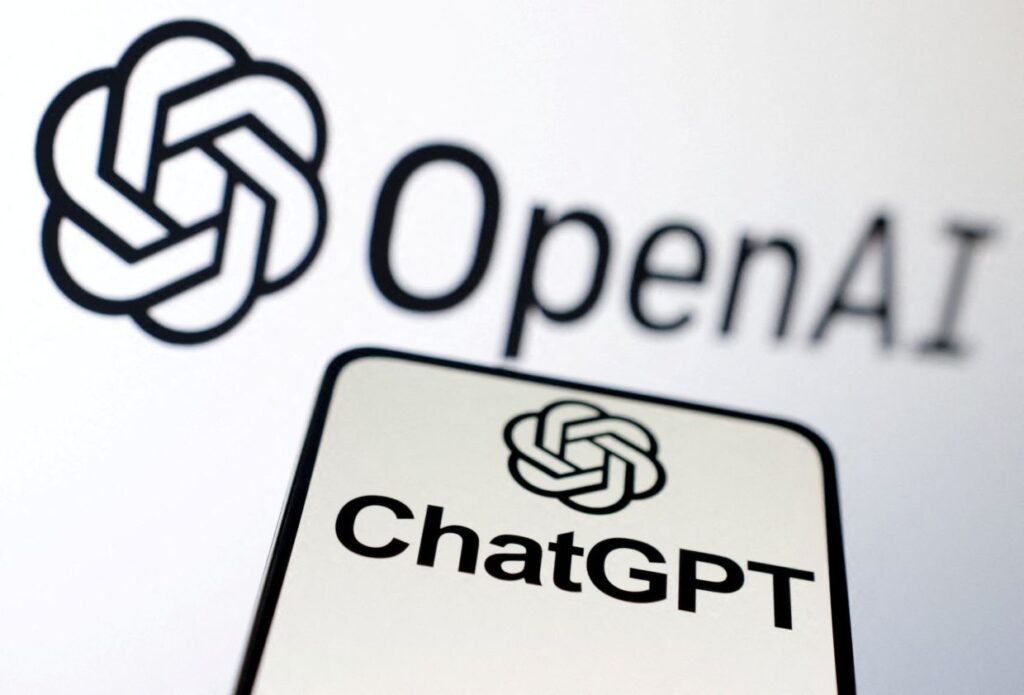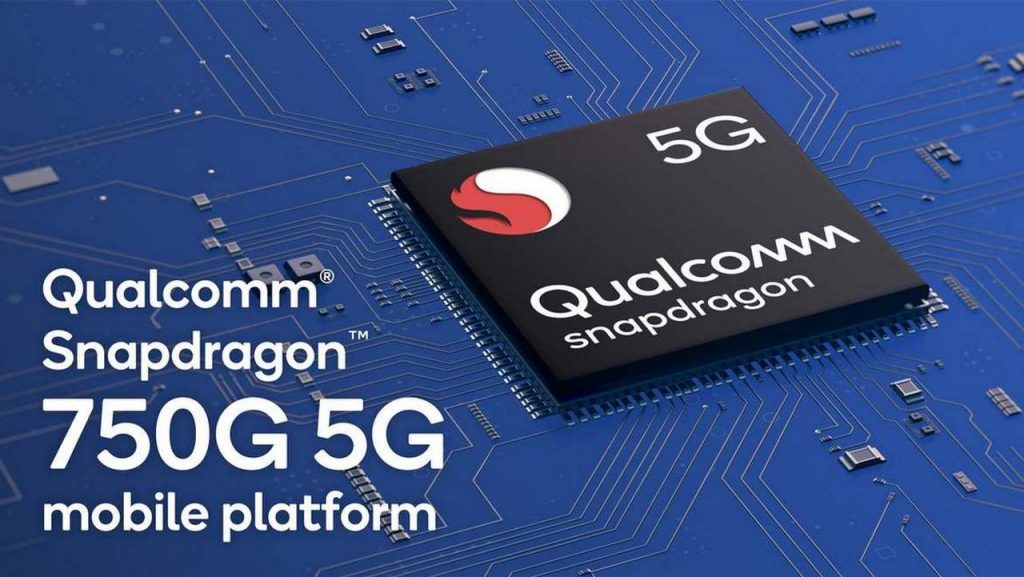ElevenLabs’ AI Voice Generator Can Replicate Your Voice in 30 Languages
Boasting availability in more than 30 languages, ElevenLabs, the popular artificial intelligence-powered platform for producing artificial voices, recently debuted its platform.

ElevenLabs claims that its technologies have become trained in automatically recognising languages, such as Dutch, Korean, and Vietnamese, and producing speech rich in emotion in those languages through a new artificial intelligence model created within the organisation.
Customers of ElevenLabs may use the voice-cloning feature of the platform in conjunction with the latest model to talk in approximately 30 different languages without requiring input text beforehand.
ElevenLabs was started with the dream of making all content universally accessible in any language and in any voice,” ElevenLabs CEO and co-cofounder Mati Staniszewski said in a statement. “With this release, we’re one step closer to making this dream a reality and making human-quality AI voices available in every dialect. Our text-to-speech generation tools help level the playing field and bring top quality spoken audio capabilities to all the creators out there.”
techcrunch.com
ElevenLabs, which was founded by former Palantir employee Staniszewski and his boyhood buddy Piotr Dabkowski, a former Google employee, has recently made news for both admirable and repugnant reasons. As children in Poland, Staniszewski and Dabkowski enjoyed American films with subpar dubbing, so they set out to create an application that could do better, undoubtedly using artificial intelligence.
Due to the high standard of its created voices as well as its generous free tier, ElevenLabs gained traction shortly after its beta debut in late January. But as was already mentioned, public perception hasn’t always been good, especially once dishonest people started abusing the site.
Also Read: Microsoft to discontinue Azure Kinect DK; know how you can still get it?
The notorious message board 4chan which is famous for its controversial material, shared abusive remarks using ElevenLabs’ technologies while impersonating celebs including the star Emma Watson. James Vincent from The Verge was also able to use ElevenLabs to quickly clone subjects’ voices, creating audio samples that ranged from violent threats to statements of racial discrimination and transphobia.
ElevenLabs responded by announcing that it will implement several new security measures, such as restricting voice cloning to paying customers and offering an improved artificial intelligence detection tool.
The threat that ElevenLabs’ platform and others like it pose to the voice-acting business is another debate that is now roiling around them.

I am a student pursuing my bachelor’s in information technology. I have a interest in writing so, I am working a freelance content writer because I enjoy writing. I also write poetries. I believe in the quote by anne frank “paper has more patience than person











